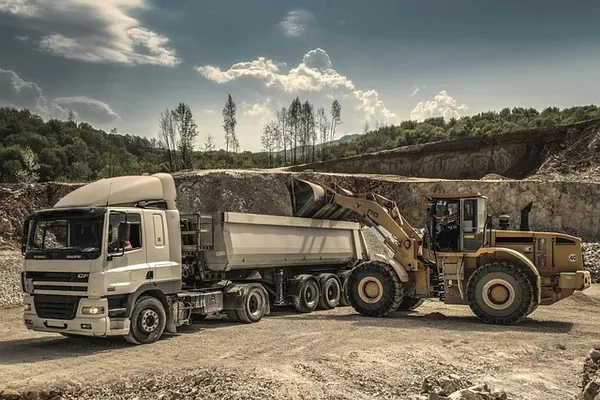In a bid to address planet-heating emissions without abandoning fossil fuels, the United Arab Emirates (UAE) is set to launch a pioneering carbon capture project. The initiative, located in the remote mountains of Fujairah on the Gulf of Oman, involves a plant developed by Omani start-up 44.01, funded by state oil giant ADNOC.
The novel technology will employ solar power to extract carbon dioxide (CO2) from the atmosphere, dissolve it in seawater, and inject it deep underground for mineralization over several months. ADNOC’s Chief Technology Officer, Sophie Hildebrand, expressed confidence in the project’s potential, stating, “We believe this volume of rocks here in the UAE has the potential to store gigatons of CO2.”
The UAE, ranked as the world’s seventh-largest oil producer, is investing in the Fujairah plant as part of its broader commitment to decarbonization projects. ADNOC has allocated $15 billion for decarbonization initiatives, with further investments expected. The project is supported by ADNOC’s CEO, Sultan Al Jaber, who also serves as the President of the UN’s COP28 climate talks.
The first CO2 injection is anticipated during COP28, sparking debates between climate campaigners and the oil lobby over hydrocarbon usage. ADNOC’s involvement in carbon capture and storage (CCS) aligns with the trend among oil producers to embrace CCS technology as a solution to global warming.
However, critics, including climate experts and the UN’s Intergovernmental Panel on Climate Change (IPCC), argue that the current scale of CCS technology is insufficient to address the climate crisis. The existing fossil fuel infrastructure, without CCS, poses a significant challenge to achieving climate goals.
The Fujairah plant’s approach involves extracting CO2 directly from the atmosphere using giant fans, storing liquid CO2 in vertical tanks, converting it into gas, and dissolving it in seawater for injection into a kilometer-deep well. The process aims to mineralize CO2 over an eight-month period.
While proponents see CCS as a viable climate solution, skeptics emphasize the unproven scalability of such technologies and underscore the need for a comprehensive transition away from fossil fuels to achieve meaningful climate targets. The debate over the role of fossil fuels and carbon capture is likely to intensify during COP28, where various perspectives on climate action will vie for attention and influence.

